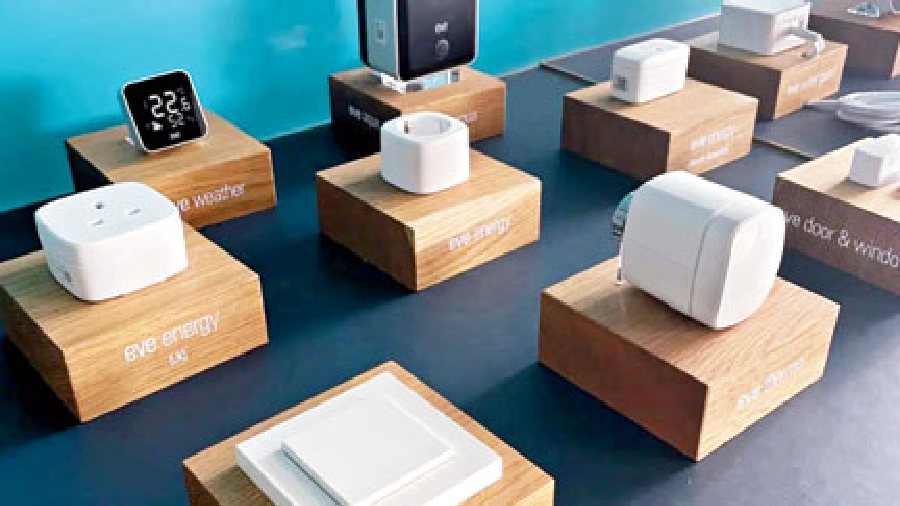In the coming months you will hear a lot about Matter. This is actually tech that matters (sorry for the pun). Matter is a tech standard. Here’s how it will work.
Usually when a new type of product hits the market, customers are forced to swear brand allegiance to a format. For example, you may buy a smart bulb that works with certain hubs but if you buy a smart bulb from a competing brand it will not work with the other hub. Once you begin to invest in a brand, you go deeper and deeper into an ecosystem. The smart-home segment is a classic example of this. Buyers need to buy certain smart bulbs, certain switches that work with those light bulbs and then perhaps a thermostat that works with certain switches.
Matter is a “connectivity protocol” that may come to the rescue. “Connectivity protocol” may sound like gloss and nothing more. But have patience and read on.
Since it’s a bunch of technical standards, the user doesn’t have to deal with Matter. Devices are coming to the market that are Matter compatible and these automatically connect to and work with other Matter-enabled devices in your home network. For example, if you are using a platform like Samsung SmartThings, Apple HomeKit or Google Home, these can control all your smart devices. Devices that are Matter compatible will come with a logo indicating it.
All the big names in smart-home tech are on board. Bored with an Alexa-enabled speaker? Switch over to Apple’s HomePod Mini and in the process, the smart bulbs that worked with Alexa will now work with Siri.
lexa will now work with Siri. Matter is designed to be far more secure and private than other smart-home systems. Of course, Matter is like a universal language defining basic functionality but brands will still work on advanced features that are brand specific. At the moment when developers want to add a feature to their smarthome products, they have to update the software for every platform. No longer. Once a change is made, it will get implemented across brands, lowering development costs. Some products have already started launching with Matter at its heart. Take the example of Eve Energy smart plug, Wiz light bulb, a Yale smart lock or Eve Door & Window contact sensor. There are Matter controllers out there, including Apple Home hubs and Samsung SmartThings hubs and these now have devices to control.
And if you are worried about having to start over again, don’t worry. All Philips Hue lights will work with Matter when the Hue bridges that control them get updated software. Similarly, other brands can push software upgrades to make things work.










